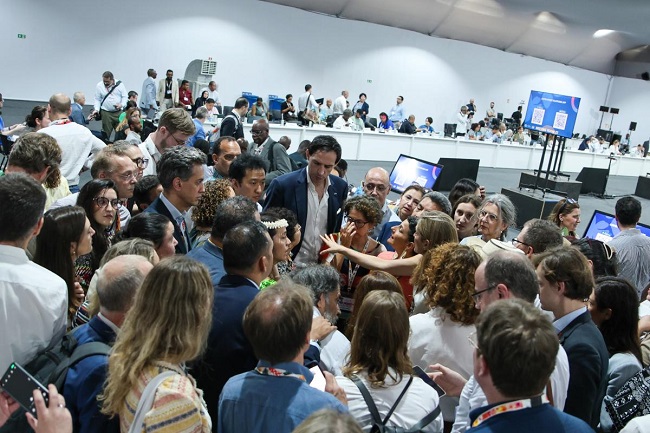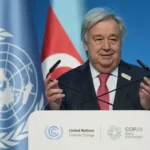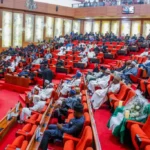Olusegun Ariyo
Contents
Global climate negotiations stretched into overtime on Friday, November 21, 2025, as countries failed to agree on emission cuts and financial commitments, raising fears the summit would end without meaningful progress on limiting global warming.Negotiators at COP30 are deadlocked over mitigation targets, adaptation funding and climate finance as the conference runs past its scheduled conclusion.The impasse threatens to undermine international cooperation on climate action.“This is not the moment for red lines – it is the moment for leadership. Parties must move out of their comfort zones and deliver a result that matches the scale of the climate crisis,” said Mattias Söderberg, global climate lead at DanChurchAid.Draft negotiating texts released on Friday morning lack the ambition scientists say is necessary to limit warming to 1.5 degrees Celsius above pre-industrial levels, according to civil society observers.Söderberg said countries must compromise across all major issues to produce a balanced agreement.“The world will not accept a deal that ignores the emissions gap. We need a breakthrough on mitigation now — not next year, not in the next review cycle. Now,” he said.He warned that adaptation assistance and finance for developing nations cannot be sacrificed in final negotiations.“A balanced package means real progress for the communities already hit by climate change. Adaptation and finance cannot be bargaining chips – they are lifelines,” Söderberg said.The talks have exposed familiar divisions between wealthy and developing nations over who bears responsibility for emissions reductions and climate financing.Söderberg said all parties must make concessions to reach an agreement.“No Party can leave Belém with everything they want—but they can leave with a deal that moves the world forward,” he said.He said the outcome will determine whether the summit strengthens or weakens global climate cooperation.
Global climate negotiations stretched into overtime on Friday, November 21, 2025, as countries failed to agree on emission cuts and financial commitments, raising fears the summit would end without meaningful progress on limiting global warming.
Negotiators at COP30 are deadlocked over mitigation targets, adaptation funding and climate finance as the conference runs past its scheduled conclusion.
The impasse threatens to undermine international cooperation on climate action.
“This is not the moment for red lines – it is the moment for leadership. Parties must move out of their comfort zones and deliver a result that matches the scale of the climate crisis,” said Mattias Söderberg, global climate lead at DanChurchAid.
Draft negotiating texts released on Friday morning lack the ambition scientists say is necessary to limit warming to 1.5 degrees Celsius above pre-industrial levels, according to civil society observers.
Söderberg said countries must compromise across all major issues to produce a balanced agreement.
“The world will not accept a deal that ignores the emissions gap. We need a breakthrough on mitigation now — not next year, not in the next review cycle. Now,” he said.
He warned that adaptation assistance and finance for developing nations cannot be sacrificed in final negotiations.
“A balanced package means real progress for the communities already hit by climate change. Adaptation and finance cannot be bargaining chips – they are lifelines,” Söderberg said.
The talks have exposed familiar divisions between wealthy and developing nations over who bears responsibility for emissions reductions and climate financing.
Söderberg said all parties must make concessions to reach an agreement.
“No Party can leave Belém with everything they want—but they can leave with a deal that moves the world forward,” he said.
He said the outcome will determine whether the summit strengthens or weakens global climate cooperation.
“This summit will be judged by one metric: whether it moves us closer to solving the climate crisis. There is still time — but only if parties dare to act,” Söderberg said.







